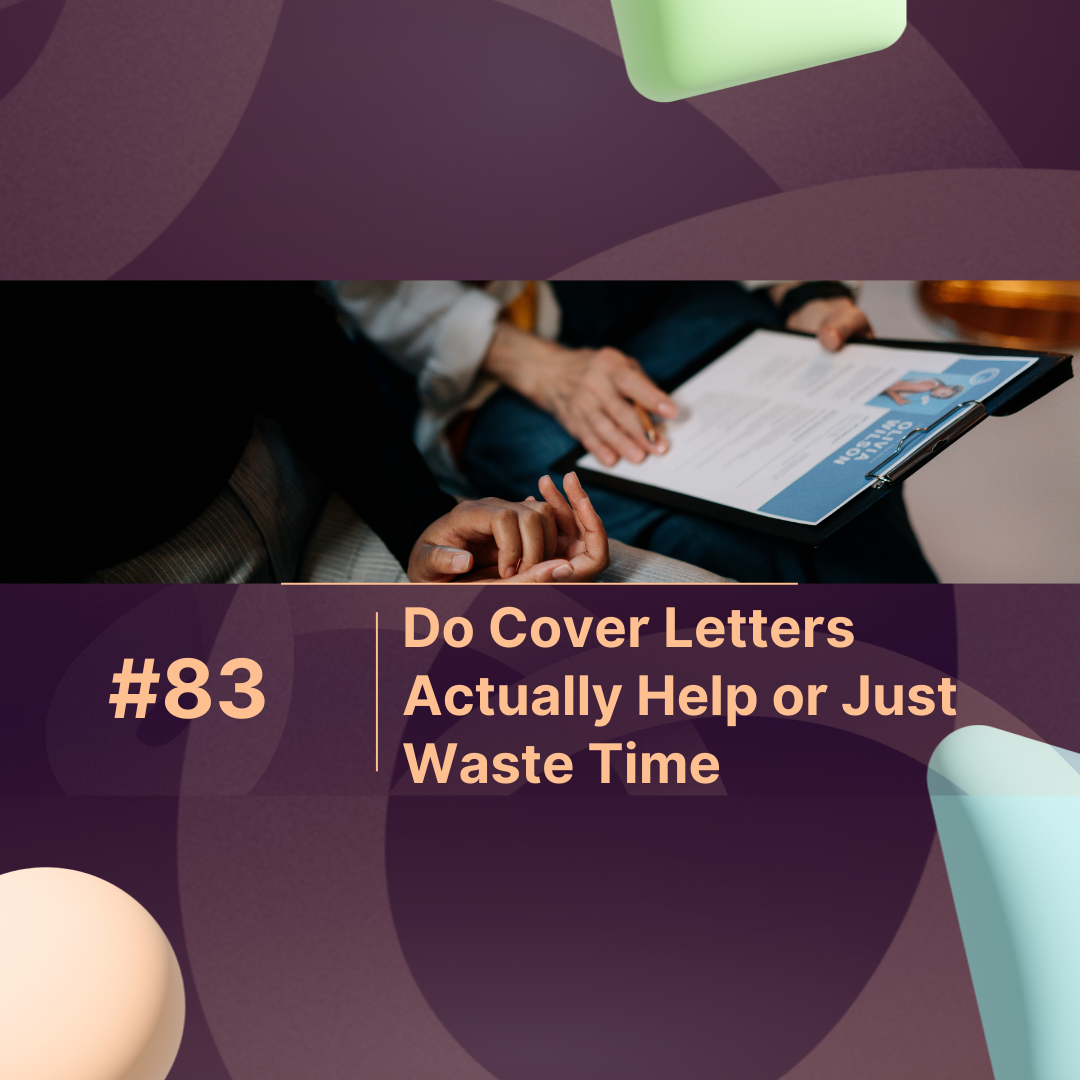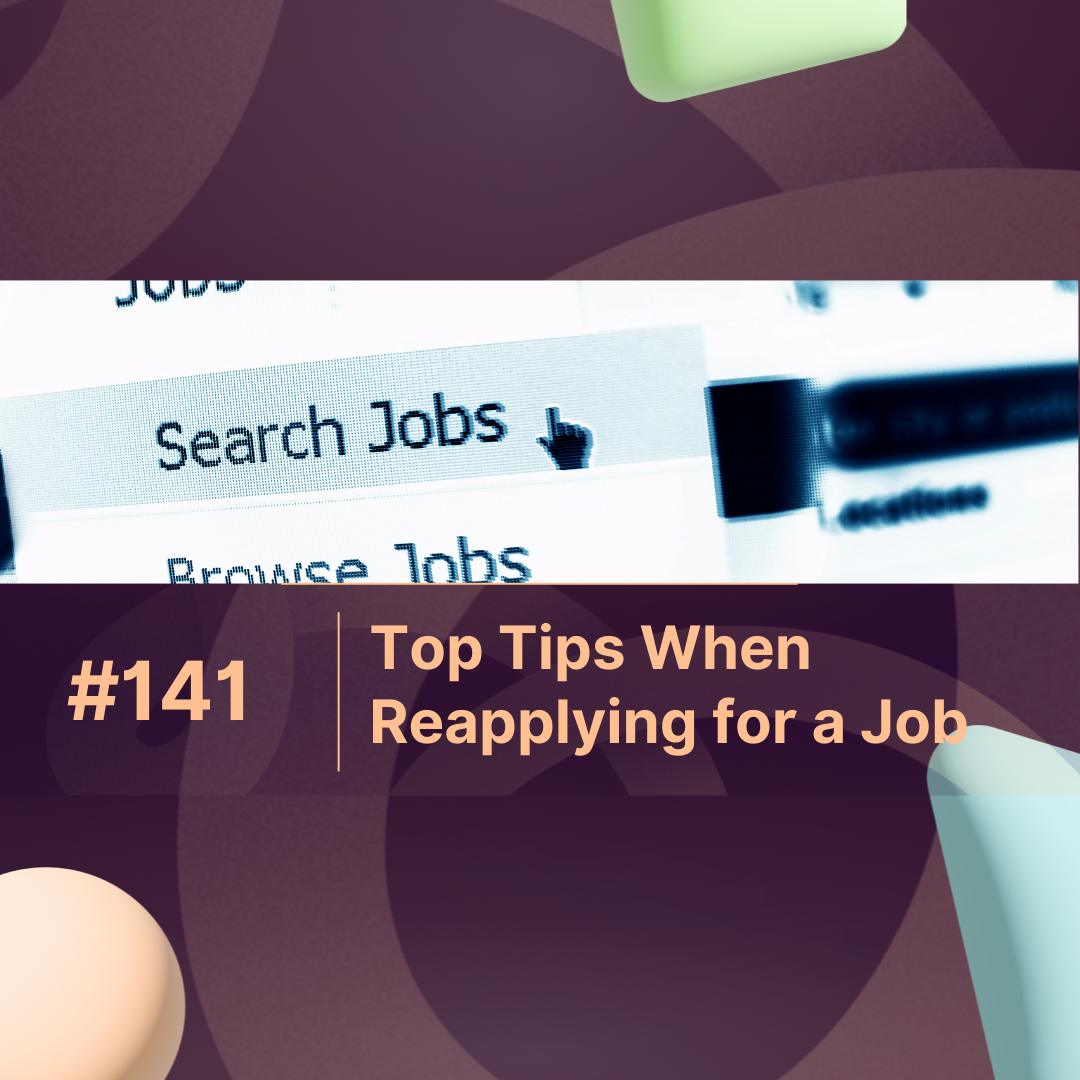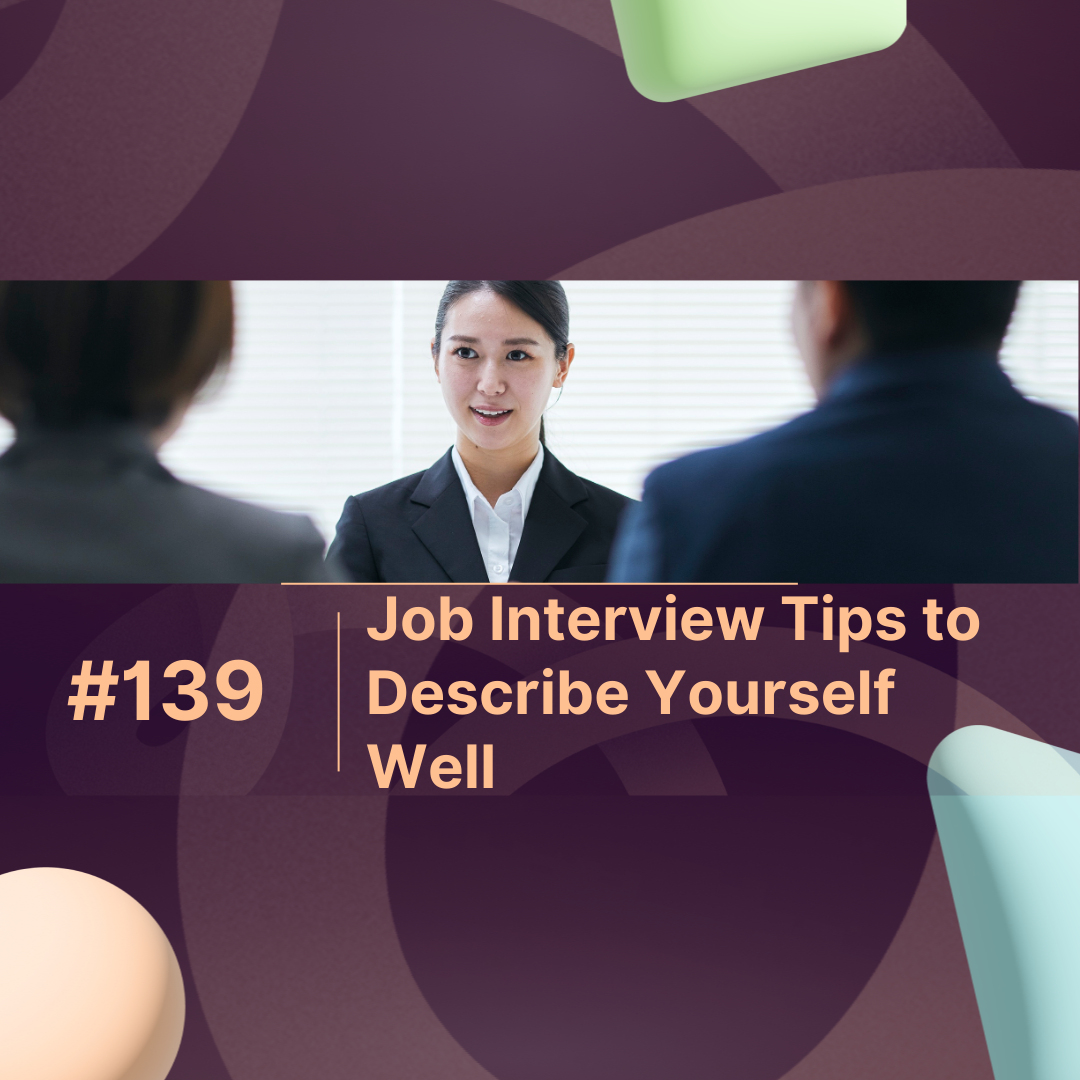Overview
When applying for jobs, candidates often ask: “Do cover letters actually help, or are they just a waste of time?” With AI-driven hiring platforms and applicant tracking systems (ATS) filtering resumes, the role of cover letters has become a hot debate. Yet, cover letters can still provide an edge—if written strategically and customized for each role.
Direct Answer: Do Cover Letters Actually Help?
Yes, cover letters actually help when tailored to the job, employer, and industry. Studies show that nearly 49% of hiring managers prefer candidates who submit a cover letter alongside their CV (ResumeLab, 2023). However, generic or poorly written cover letters can harm your application more than skipping them altogether.
Why Cover Letters Still Matter in 2025
-
Human Touch in the Digital Era
Resumes often feel mechanical. A cover letter provides a space to show personality, enthusiasm, and cultural fit—something no ATS keyword scan can fully capture. -
Context Beyond the Resume
If you’re switching industries, have career gaps, or highlight achievements not obvious on your CV, the cover letter bridges the gap. -
Employer Expectations
Certain industries in the UAE, U.S., and Europe still value cover letters highly—especially in consulting, HR, communications, and executive-level roles. -
Recruiter Attention
According to a Jobvite study, 26% of recruiters read cover letters regularly, while 45% scan them selectively. That means skipping one could put you at a disadvantage.
Cover Letters Actually Help: By the Numbers
| Factor | With a Tailored Cover Letter | Without Cover Letter |
|---|---|---|
| Likelihood of Interview Call | 53% | 29% |
| Recruiters Who Read Them | 49% | N/A |
| Perceived Professionalism Score | 8.5/10 | 6.2/10 |
| Chance of Standing Out | 61% | 34% |
Sources: Jobvite Hiring Report 2024
When Cover Letters Don’t Help
Not every situation calls for a cover letter:
-
ATS-Only Applications: If the system doesn’t provide space for one.
-
High-Volume Applications: Some fast-moving industries (e.g., hospitality, retail) prioritize speed over extra documents.
-
Generic Templates: Sending the same letter to multiple employers can harm credibility.
How to Make Cover Letters Work for You
-
Customize for Each Role: Mention the company by name and refer to the job description.
-
Show Value, Not Repetition: Don’t rehash your resume—highlight why you’re the right fit.
-
Keep It Concise: Aim for 300–400 words, with clear paragraphs.
-
Use Data & Impact: Showcase measurable results (e.g., “increased sales by 20%”).
-
Leverage Career Platforms: Tools like MaxProfile help job seekers build tailored applications that stand out in both human and AI reviews.
The Future of Cover Letters in Hiring
With AI recruitment tools, many predict cover letters will fade. However, experts argue that personalization is becoming more important, not less. As algorithms filter resumes, cover letters remain a candidate’s chance to add a human touch.
Recruiters increasingly value storytelling, personality, and alignment with company culture—qualities only a strong cover letter can deliver.
Conclusion
So, do cover letters actually help? The answer is yes—when used strategically. A well-written, tailored cover letter can:
-
Increase interview chances,
-
Differentiate you from other applicants, and
-
Show your cultural fit and communication skills.
However, a poorly written or generic cover letter can work against you. The safest approach is to invest time in crafting personalized letters—or leverage career platforms like MaxProfile to create smart, data-backed applications that win recruiter attention.
FAQs on Cover Letters
1. Do employers still read cover letters in 2025?
Yes, while not every recruiter reads them, nearly 49% say they prefer candidates who submit one.
2. Are cover letters important for entry-level jobs?
Yes. They help showcase enthusiasm and soft skills, especially when experience is limited.
3. Can AI tools write effective cover letters?
AI tools can draft them, but personalization is key. Recruiters spot generic letters quickly.
4. How long should a cover letter be?
Ideally 300–400 words—concise, focused, and tailored to the job description.
5. Do cover letters help in the UAE job market?
Yes. Employers in the UAE value professional presentation. A strong cover letter often sets candidates apart, especially in competitive industries.



